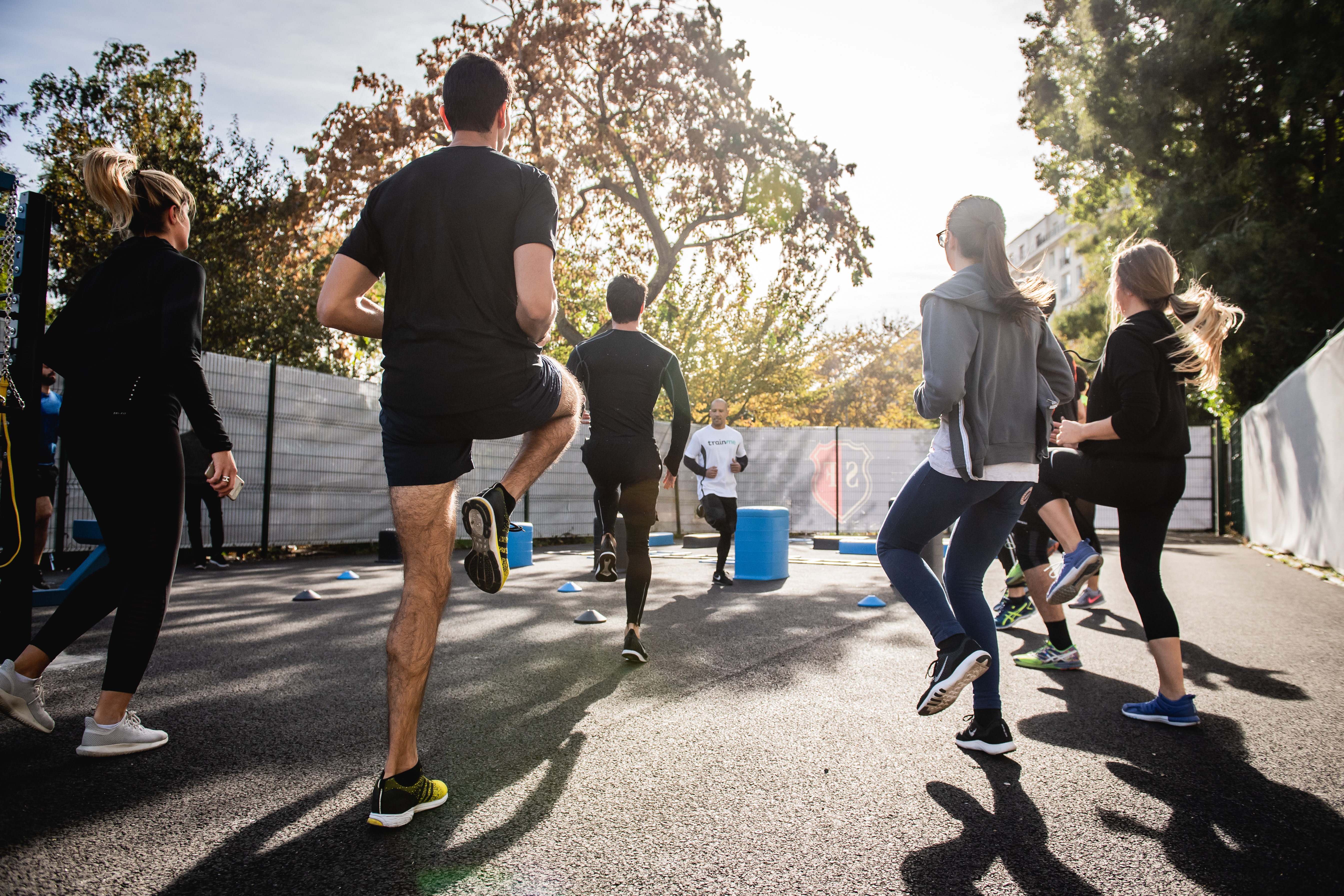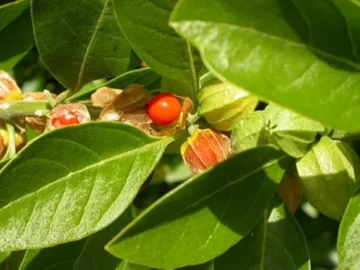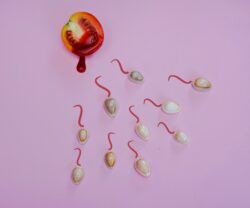How NAD+ and NMN Affect Egg Health & Fertility
Recently, there has been some talk about newer supplements such as NAD+ and NMN. Research on NAD+ (nicotinamide adenine dinucleotide) and NMN (nicotinamide mononucleotide) initially studied their anti-aging effects, but now scientists are exploring their potential to enhance fertility.
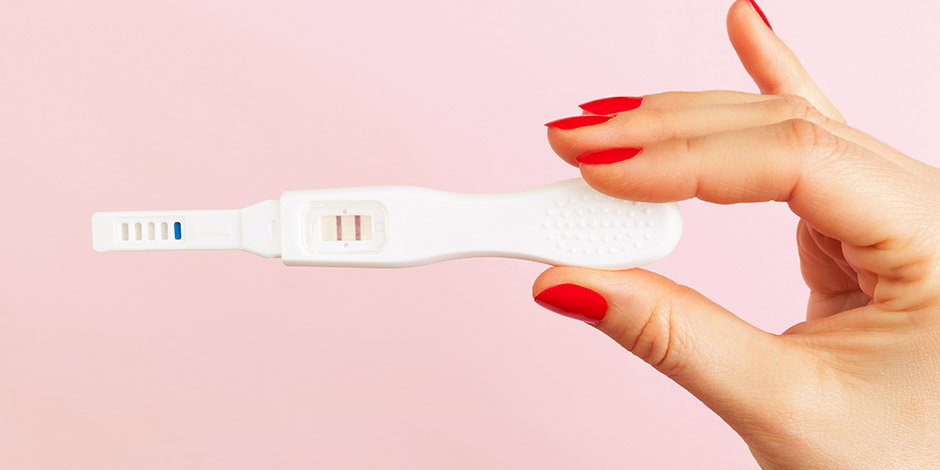
Specifically, there are thoughts that they might help to improve egg quality of “aging” eggs.
While NAD+ and NMN sound cutting-edge, are they really beneficial to add as part of your supplement plan? Let’s find out.
Age is a significant factor that can cause delays in conception and result in a higher demand for fertility treatments. Although we cannot alter our biological age, we have the ability to modify our approach to caring for our bodies, resulting in improved health for our eggs and sperm. New nutrients are being studied for their potential to help with age-related infertility.
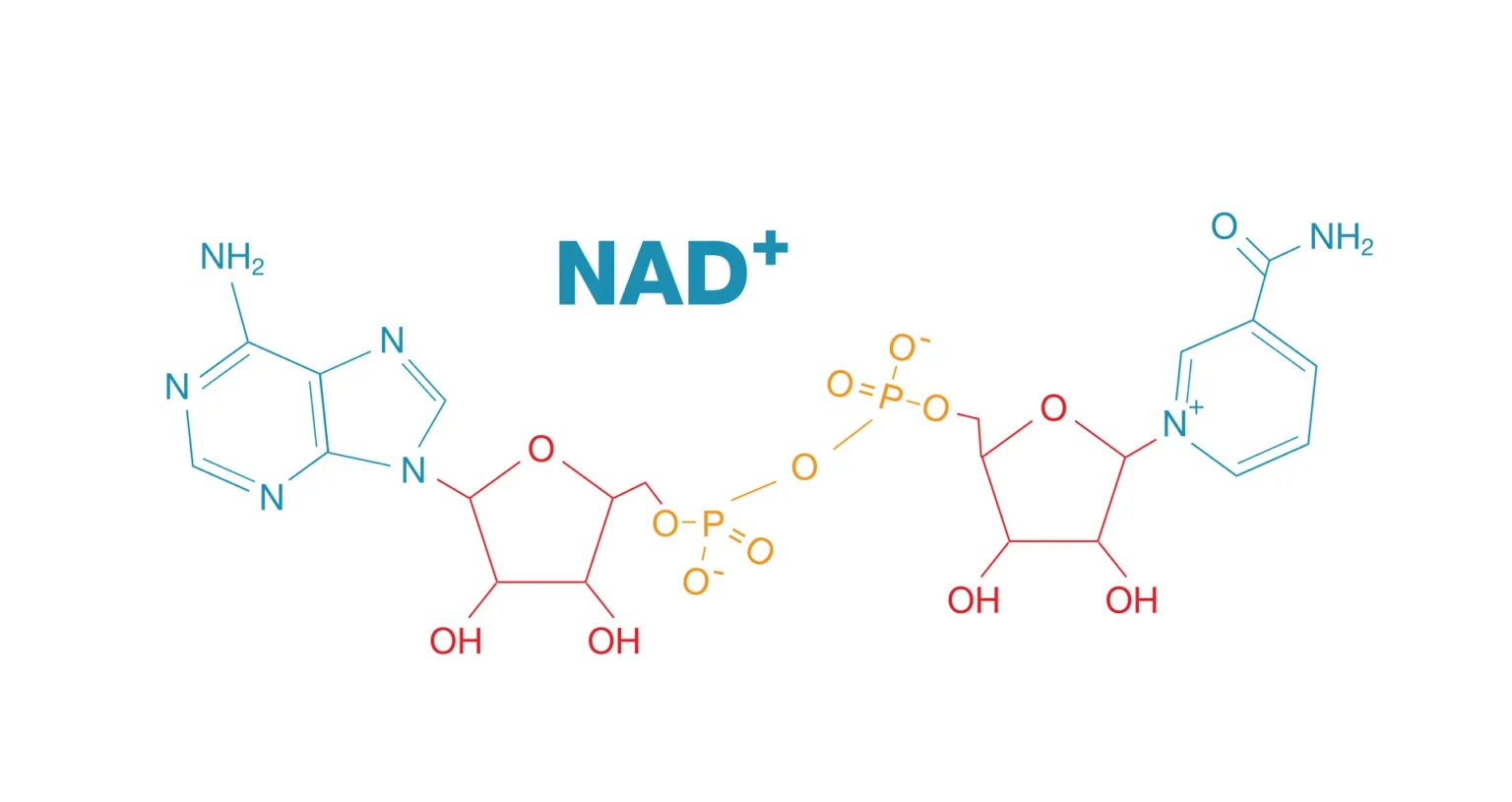
WHAT IS NAD+/NMN?
NAD+ or nicotinamide adenine dinucleotide is a coenzyme (think of a coenzyme as a helpful assistant that works alongside a specific protein called an enzyme to help perform its job better). NAD+ is required for a number of reactions to occur in the body. NAD+ is involved in cellular energy production and DNA repair, both of which are critical for reproductive processes.
As we get older our levels of NAD+ decrease. This decline is linked to numerous aging processes and diseases.
Some studies suggest that increasing NAD+ levels may be beneficial to the aging process and maybe even reverse aging. This is of particular interest to those of us looking to improve egg stores and quality, which also declines naturally with age.
NMN (nicotinamide mononucleotide) is one of the precursors (think of a precursor as a raw ingredient used to create a product) used to make NAD+ in the body. When we’re looking at supplements, NMN is the preferred supplement to use as it is stable in water and changes quickly into NAD+ once ingested.
Research has demonstrated that NMN can improve egg quality in older rats, ultimately resulting in the restoration of fertility. Currently, studies are underway to explore the potential benefits of using NMN in humans. This is a positive development and holds promise for the future
WHAT IS THE ROLE OF NAD+ IN THE BODY?
Every cell has a powerhouse called mitochondria –this is where NAD+ is found.
Because NAD+ can be found in every cell in the body, it has various functions.
In males, NAD+ has been linked to sperm health and quality. Sperm cells require energy to swim and fertilize an egg, and NAD+ plays a role in providing this energy. Additionally, NAD+ is involved in DNA repair mechanisms, which are important for maintaining the integrity of sperm DNA.
In females, NAD+ is involved in oocyte (egg) development and maturation. It plays a role in energy metabolism within the oocyte and is important for supporting the various cellular processes involved in successful fertilization and early embryo development.
HOW TO IMPROVE PROGESTERONE LEVELS NATURALLY
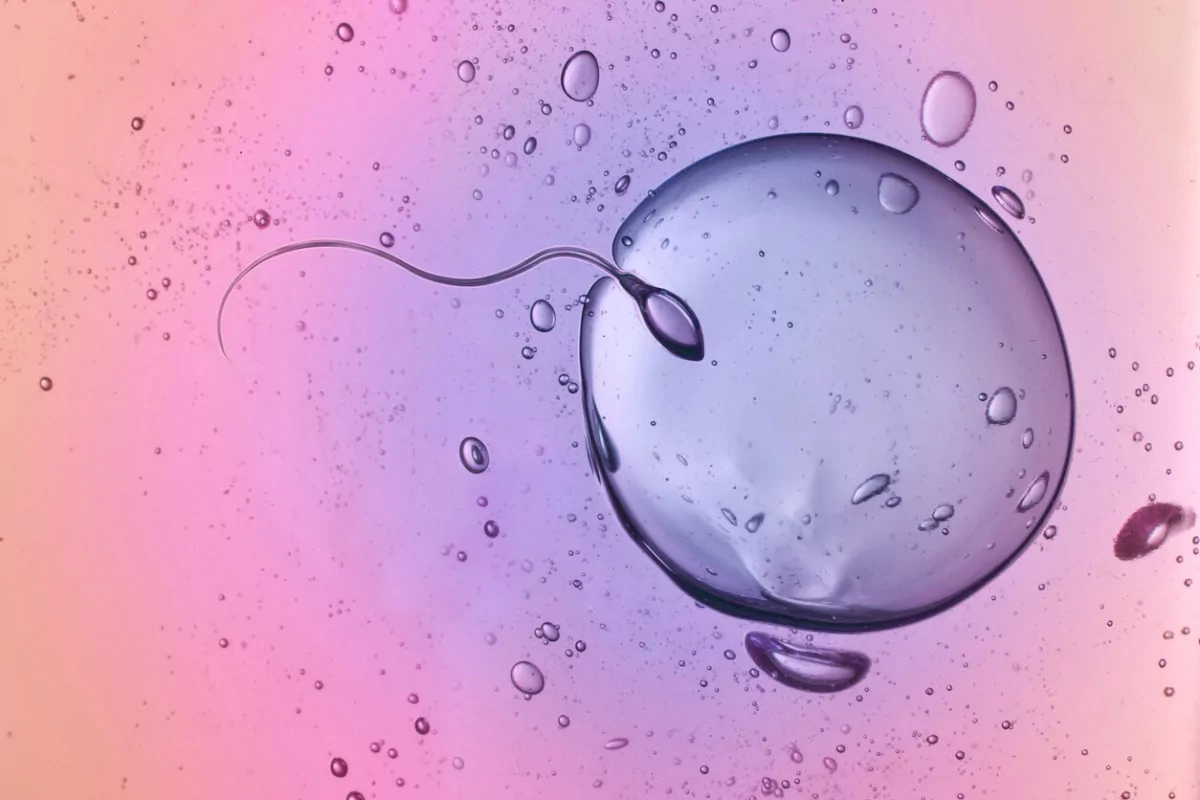
THE MOST UP-TO-DATE RESEARCH ON NAD+ AND FERTILITY
Research conducted by the University of NSW in 2020 looked at the impact of NAD+ on declining egg quality as women age and whether it is reversible by supplementing NMN.
The animal study found that although there are multiple factors that impact egg quality and fertility as we get older, a decline in NAD+ is one of these factors. They discovered that supplementing with NMN may be helpful in restoring egg quality.
In the study, the mice were used as a model for women in their mid-40s. The researchers successfully restored the quality of their eggs to that of a 30-year-old. There were many limitations to this study that may impact results in humans.
In 2022, research was published in the Journal of Reproductive Biology and Endocrinology looking into the effects of NAM (a slightly different precursor to NAD+ than NMN). They wanted to see the effect it had on follicular development at different stages and the quality of eggs in women undergoing IVF.
The results found NAM concentration in mature follicular fluid was positively correlated with egg maturation and fertilization rates. The difference of which was statistically significant. The researchers speculated that increasing NAD+ has a beneficial role in enhancing egg maturation and fertilization capability.
While this research is still developing and we have many questions it presents positive results for a potential nutritional supplement to support people experiencing subfertility.
Who Should Take NMN Supplements?
If you are in your mid or late 30s and struggling to get pregnant, or if you have been diagnosed with low egg quality, NMN could potentially be beneficial for you. However, it’s important to note that the effects of NAD+ on fertility are complex, and other factors also influence reproductive health. Consulting with a fertility dietitian would provide more specific information tailored to an individual’s circumstances.
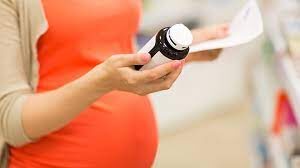
Other ways to increase NAD+ levels include:
- Exercise
- Regular sleeping patterns
- Eating a healthy diet
- Supporting circadian rhythms with regular meal times
HAVE WE USED NMN WITH OUR PATIENTS?
We have patients who are actively supplementing with NMN. These are cases where they have already been working on diet and lifestyle modifications and have been taking the more evidence-based supplements we recommend for egg quality, yet feel that a change is needed. In these cases, the patient and us feel like the potential benefits outweigh the potential risks, and that it is worth trying.
It is too early to say if NMN and NR can make a tangible difference in human fertility and ovarian aging, but we are excited by the potential of these supplements and we will be eagerly watching as the science evolves.
If you’re interested in taking NMN supplements to increase your NAD+ levels and improve your fertility, book a consultation with one of our expert certified fertility dietitians & nutritionists for individualized nutrition & supplementation advice

